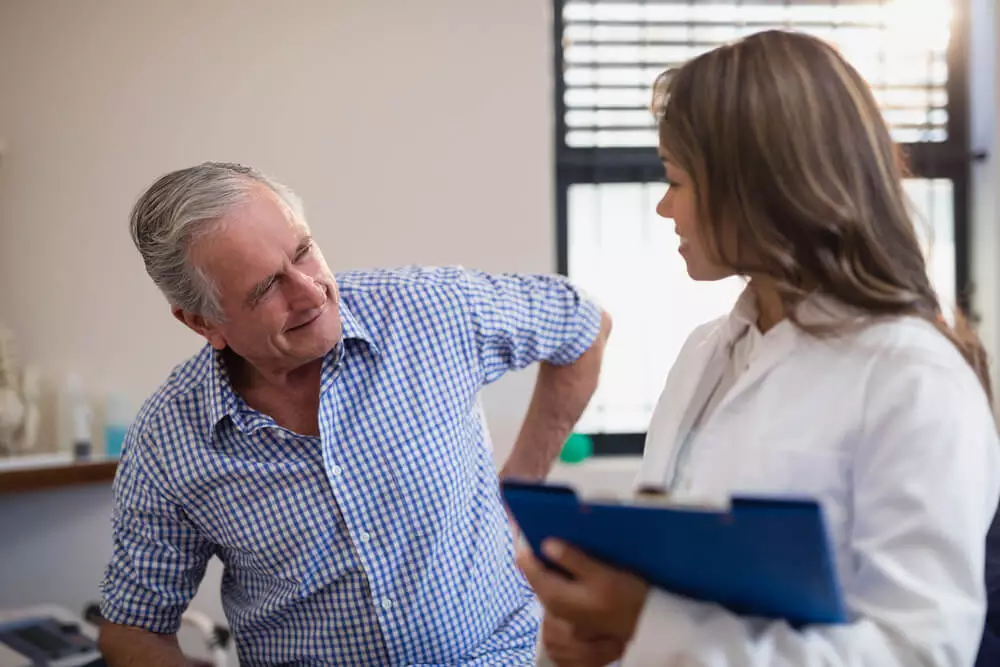What is occupational therapy?
Occupational therapy helps solve problems that interfere with clients’ ability to perform tasks that matter to them, such as personal care, participating in paid or unpaid work, and engaging in leisure activities (hobbies, sports, etc.). Occupational therapy can assist anyone with a physical or mental health issue that limits their ability to carry out their activities.

The occupational therapy evaluation
The occupational therapist assesses a person’s level of functional abilities through questionnaires, tests, scenarios, and other methods. They then compare these results with the requirements needed to perform the tasks that the client wishes to achieve. Treatment goals are set collaboratively with the client, who remains at the center of the entire occupational therapy process.

Occupational therapy treatments
To help the client achieve their goals, the occupational therapist may, among other things, propose a program of graduated activities and task simulations aimed at restoring function, provide advice, teach different working methods, and suggest tools or adapted equipment that will promote the client’s autonomy.
Occupational therapy clientele
As previously mentioned, occupational therapy can assist anyone with a physical or mental health problem that limits their ability to perform their activities. At Clinique de réadaptation physique Roussillon, our occupational therapists work with a diverse clientele: victims of workplace accidents (CNESST), victims of road accidents (SAAQ), private clients, individuals who seek consultations for themselves, whether referred by a doctor or not, for problems affecting their daily functions, clients referred by their insurance company, and even elderly individuals experiencing loss of autonomy. Our clients suffer from various conditions, such as sprains:
- Sprains
- Herniated disks
- Tendonitis
- Fractures
- Amputations
- Hand trauma
- Persistent pain
- Loss of independence
- Mental health issues, such as:
- Depression
- Adjustment disorders
- Anxiety disorders
- Bipolar disorder

Our philosophy
Our occupational therapists form a team, sharing their knowledge and experiences, in order to promote the best possible occupational performance for their clients, who are at the center of this team!
What are the approaches offered by our occupational therapists?
At Clinique de réadaptation physique Roussillon, our team of occupational therapists can offer you the following services:
Work and effort rehabilitation
This service is primarily offered to individuals suffering from work accidents (CNESST) or road accidents (SAAQ), but also to private clients wishing to regain the skills required to return to work and/or resume activities that are important to them. It mainly consists of a program of graduated activities performed at the clinic and/or at home, as well as advice and guidance aimed at optimizing autonomy.
Functional capacity development (FCD)
This intensive rehabilitation program (several hours a day, three to five days a week, for an average of 4 to 7 weeks) is offered through CNESST, SAAQ, or private insurers. The program’s goal is to enable the worker to return to their original occupation, undergo a professional reorientation, or optimize their capacity to reduce any permanent functional limitations. This interdisciplinary program involves teamwork between occupational therapists, kinesiologists, physiotherapists, and psychologists, according to the clients’ needs.
Hand rehabilitation
This occupational therapy service is specific to clients with hand injuries (such as tendon injuries, fractures, amputations, etc.) and aims to optimize the functional capacity of the affected limb. Custom orthotic design and manufacturing are also available, along with dominance transfer (temporary or permanent) to develop the abilities to use the non-dominant limb for precision tasks.
Functional capacity assessment (FCA)
A comprehensive assessment of a person’s functional abilities, which can be requested by a physician (to aid in issuing functional limitations), a paying agency (wishing to learn more about a person’s abilities), or the individual themselves. This type of assessment can be conducted in the clinic or workplace, depending on the mandate, and may be specific to a job (task-specific assessment) or general (general functional capacity assessment).
Evaluation and adaptation of workstations
The occupational therapist can visit the client’s workplace to better understand their job (evaluation of the physical requirements of the position) and to offer more targeted interventions or propose changes/adaptations to work procedures (methods of performing tasks) that will facilitate a return to work or job retention.
Return to work program
Our occupational therapists have the expertise to offer programs that are graduated in terms of time and tasks to support a person’s return to work quickly and sustainably. Therapeutic support at work is also available, ensuring that the person feels supported and reassured during their return to work process (the occupational therapist visits the workplace to provide advice and/or support during the transition).
Occupational therapy in mental health
Occupational therapy treatments specifically designed for clients with mental health issues to help them return to work and their daily activities. The occupational therapist uses the occupational schedule to guide the client, set goals together, and gradually reintegrate meaningful activities into their routine. Educational interventions are provided during follow-up sessions to help the individual better understand the nature of their condition and learn effective methods, based on data, to improve their well-being. Advice is also tailored to the person’s specific needs, such as energy management, stress management, sleep hygiene, and guidance for returning to work.
Treatment by motor imaging (or mirror therapy)
A specific approach that can assist people with Complex Regional Pain Syndrome (CRPS).
Assessment for obtaining a sticker
Assessment aimed at completing the request to obtain a permanent or temporary parking sticker for people with reduced mobility.
Sensitive rehabilitation
This approach aims to reduce neuropathic pain through the rehabilitation of skin sensitivity. The center of this practice is in Friborg, Switzerland. Since 2000, the approach has gained popularity in Europe and Canada.